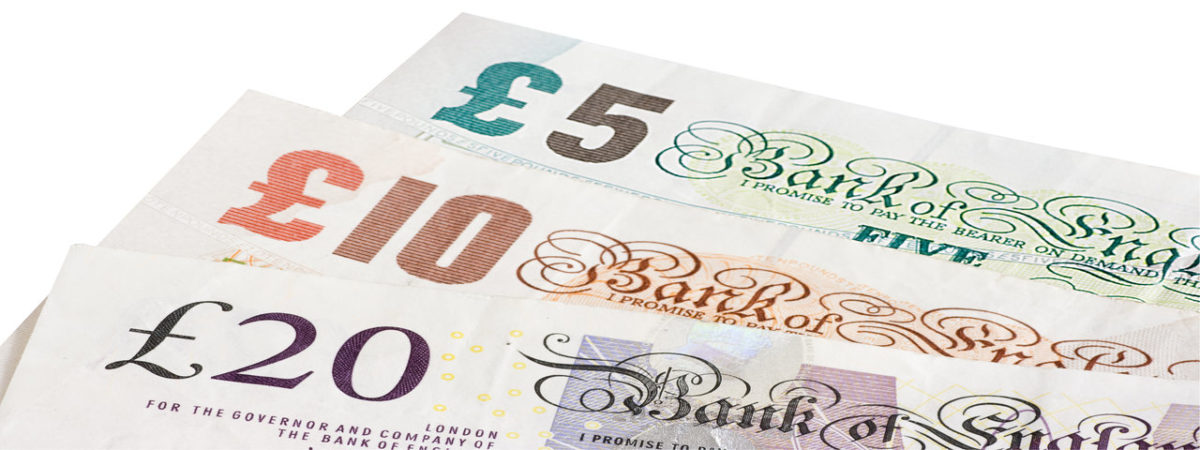Voters favour lower taxes, shows new opinion poll
SUGGESTED

Reaction to David Cameron's speech

The IEA respond to Vince Cable's speech to the Liberal Democrat Conference

An insight into how people feel about the current state of taxation
HEADLINE FIGURES
- When shown how much income tax and national insurance individuals pay at a range of income levels up to £100,000, more of the British public say that the tax paid is too high than about right or too low. This is even the case for those earning £100,000.
- Nearly two thirds (62%) of those expressing a preference believe that low earners pay too much income tax. Nearly a third (30%) of all Britons also think that those on over £100,000 pay too much in tax.
- When asked how much of a £1,000 salary increase someone earning £42,000 should pay in tax – the threshold for the 40p rate of income tax – the average amount given is £158.81. In reality, moving across the 40p threshold sees people losing £420 of their earnings to the taxman. On average, voters therefore think those moving across this threshold pay £261 more in tax than they should.
- Across all pay bands tested, Conservative voters are more likely to say tax is too high than about right or too low.
LEVEL OF TAX
- All groups are more likely to say that the level of tax paid is too high than too low on earnings from £15,000 to £65,000.
- Only around a quarter (23%) believe those earning £100,000 a year pay too little in tax.
- The gender difference in attitudes shows an interesting pattern. While men are more likely than women to say that those earning £15,000 pay too much in tax (55% and 48% respectively), when it comes to those earning £100,000 women are more likely than men to think they pay too much tax (28% of men, 33% of women).
- Younger people are most likely to think that those on £100,000 pay too much income tax. 38% think they pay too much, compared with 15% thinking the level is too low.
- UKIP supporters are more likely than those of the other parties to think lower paid Britons pay too much in tax. For example, 64% of UKIP supporters say those on £15,000 pay too much in tax, compared to 47of Conservatives, 49% of Labour supporters and 45% of Liberal Democrats.
- 42% of Conservative voters believe those on £45,000 pay too much in tax.
- Over a third (36%) of Conservative voters think those who earn £100,000 pay too much tax, compared to 32% of UKIP supporters, 30% of Labour and 25% of Liberal Democrats.
TAX ON INCREASED INCOME
- When asked how much of a £1,000 salary increase someone earning £42,000 should pay in tax – the threshold for the 40p rate of income tax – the average amount given is £158.81. In reality, moving across the 40p threshold sees people losing £420 of their earnings to the taxman. On average, voters therefore think those moving across this threshold pay £261 more in tax than they should. Around one in five (18%) think they should not have to pay any extra of the £1,000.
CONSERVATIVE VOTERS FAVOUR LOWER TAXES
Conservative voters consistently believe tax rates are too high at all levels. Looking at middle earners through to those earning £100,000:
- 46% of Conservative supporters think those on £35,000 pay too much tax, compared to just 5% saying too little.
- 42% think those on £45,000 pay too much tax, compared to just 7% saying too little. This compares to 43% of UKIP voters who say it is too high, and 11% who say too low.
- 38% of Conservatives think those on £60,000 pay too much tax, compared to 13% saying too little. Conservative voters are the most likely voters to think this rate too high.
- 36% think those on £100,000 pay too much tax, compared to 19% saying too little.
- Conservative voters are more likely to say tax is too high than about right in all instances.
To arrange an interview please contact Stephanie Lis, Head of Communications: 07766 221 268
Notes to editors:
Methodology: ComRes interviewed 2,268 British adults online between 17th and 18th September 2014. Data were weighted to be representative of all GB adults aged 18+.
The mission of the Institute of Economic Affairs is to improve understanding of the fundamental institutions of a free society by analysing and expounding the role of markets in solving economic and social problems.
The IEA is a registered educational charity and independent of all political parties.



